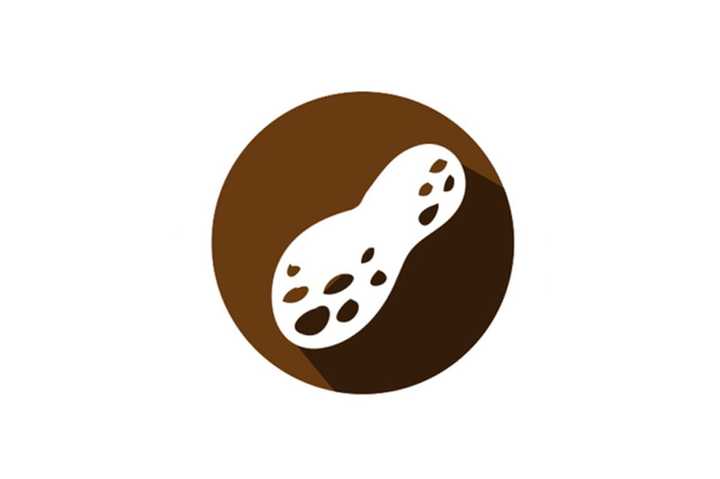“The old recommendation was to avoid peanuts and nuts until the age of 3, but there was no data to support that this reduced allergies,” Dr. Siegel explained. “The new recommendation, which came out in January 2017, is to introduce peanuts as early as 7 to 11 months.”
According to Siegel, this change followed a brand-new study of infants who were identified as high-risk for peanut allergies (those with eczema or a pre-existing allergy to other foods). The study found that when these children were introduced to peanut products at 4 to 11 months of age, the incidence of peanut allergy was reduced 70 percent to 90 percent. “It’s the biggest change we’ve had in allergy protocol in years, perhaps ever,” said Siegel.
Here are Siegel’s tips on introducing peanut products to babies:
- If your child is low-risk for allergies, go ahead and introduce peanut products at home as early as possible, along with other first foods.
- If your child is high-risk, have your child tested for peanut allergy.
- Even if your child tests positive for a peanut allergy, it may be a false positive. Consider having your child eat peanuts with his or her pediatrician present. If everything is okay, continue to offer peanut products early as a preventive strategy.
To learn more about how to keep your child happy and healthy, click here.
